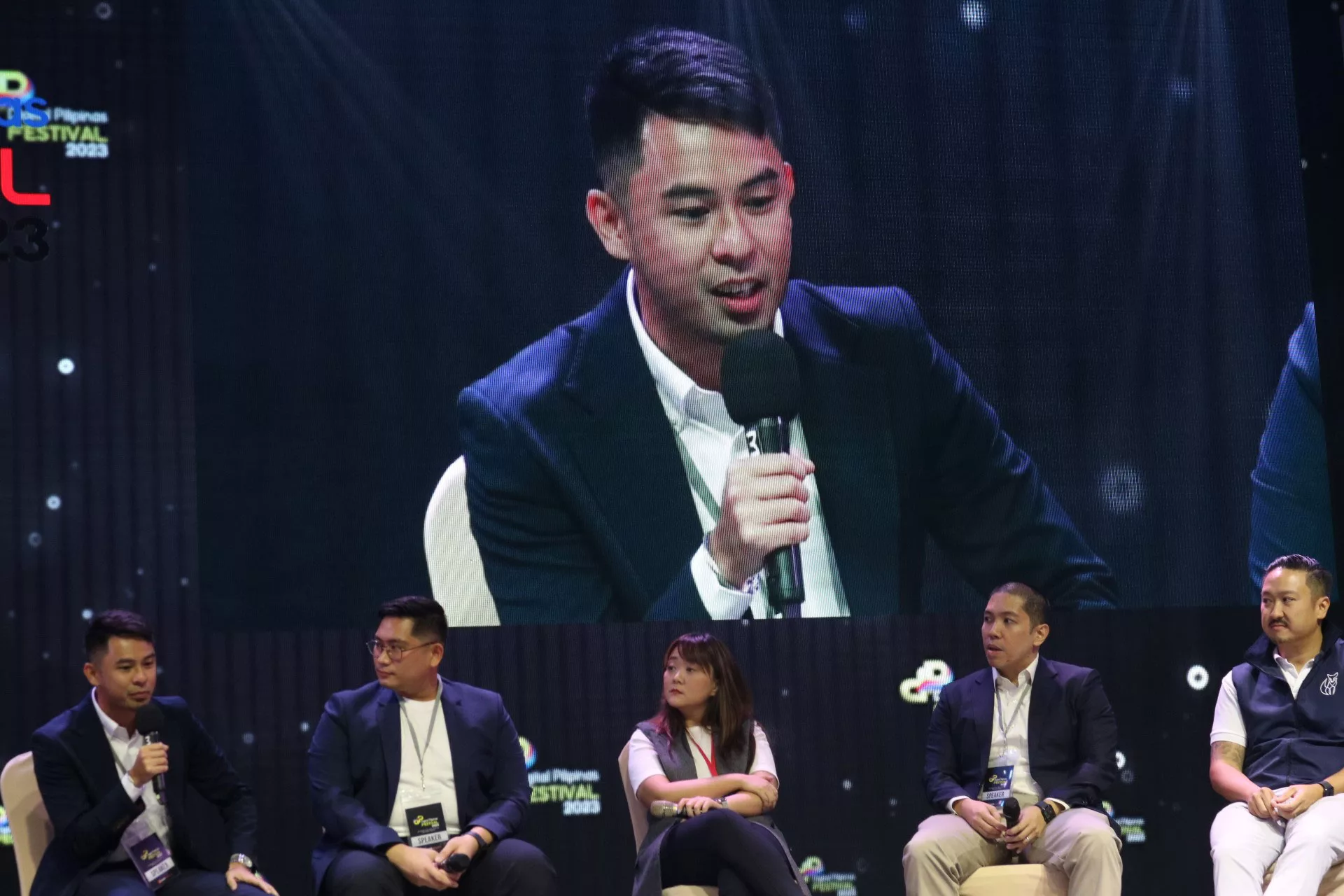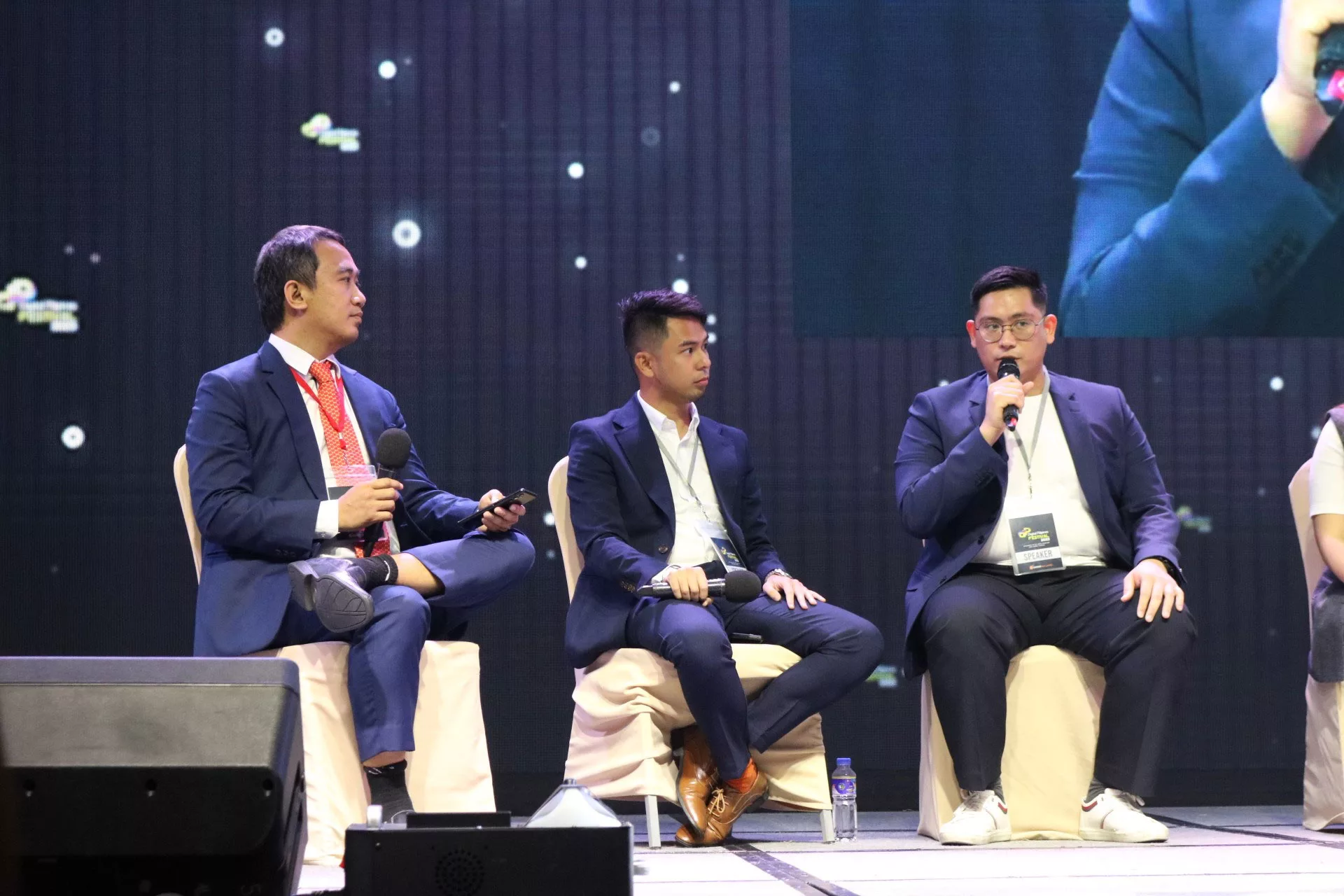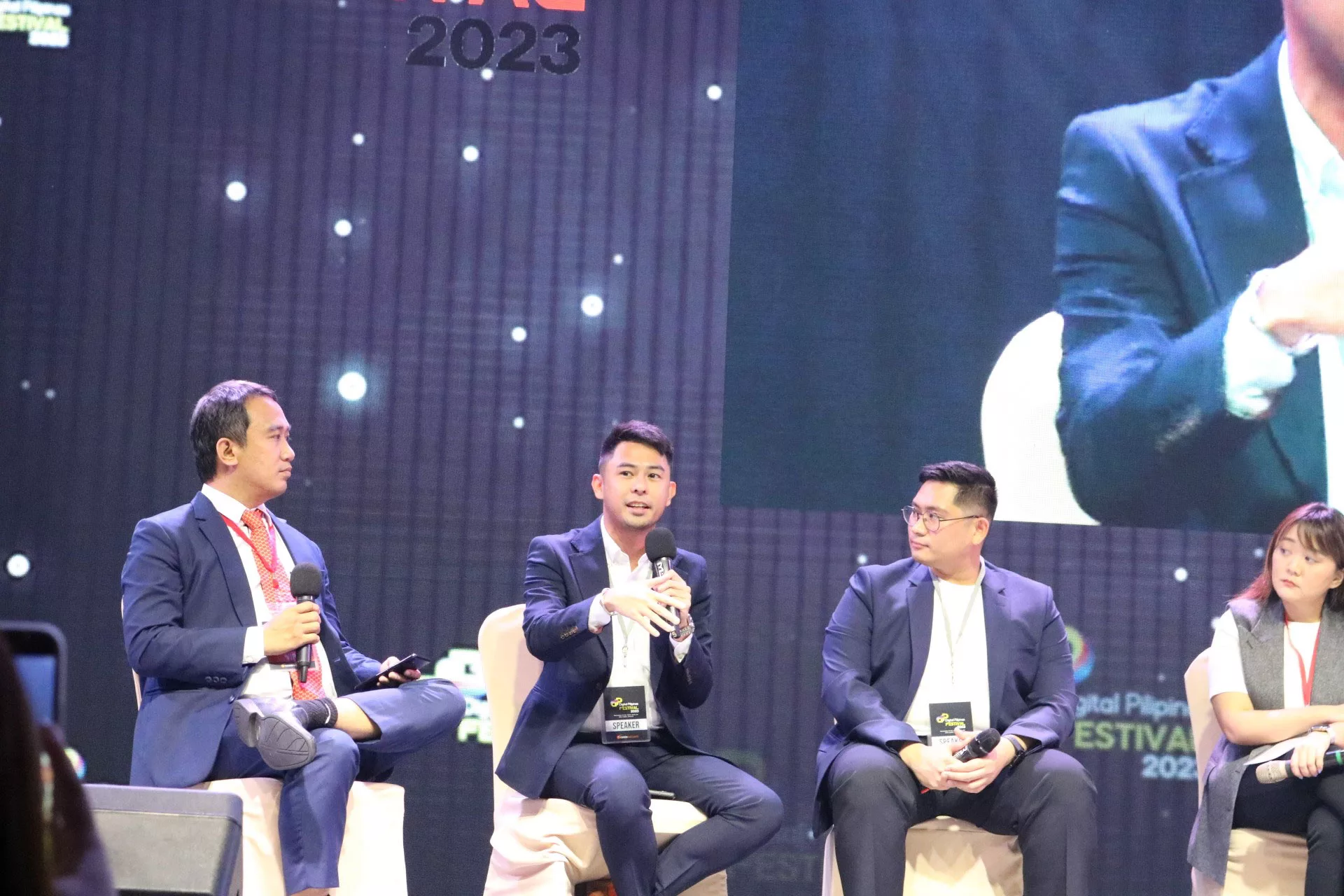|
Getting your Trinity Audio player ready...
|
The global startup economy has been seeing changes since the start of the COVID-19 pandemic. In a report titled “The State of the Global Startup Economy,” Startup Genome—a policy advisory and research organization for public and private organizations—saw an increase of up to $1.65 trillion in funding and 1,227 unicorns worldwide, thanks to the popularization of artificial intelligence (AI), social media, and the after-effects of COVID-19.
In another report by StartupBlink, India ranks close behind the United States, China, and the United Kingdom, with countries with the largest startup population. Unfortunately, the Philippines isn’t even close to being in the top 20 countries by total startup output in 2023.
What does the Philippines need to do to be the next startup hub, at least in ASEAN? Panel of experts with Franco Varona, Gregorio Mantaring, Katrina Chan, Rene Cuartero, and Kristoffer Briones, moderated by Moises Benedict Carandang, seek to find out the answer on Day 2 of the Digital Pilipinas Festival 2023.

What would make the Philippines the next startup hub in ASEAN?
Kickstarting the conversation, Carandang delved into the current state of the startup ecosystem in the Southeast Asian country and asked for steps to make the Philippines the next startup hub.
Varona, managing partner at Foxmont Capital Partners, sees that the country has already been growing in terms of the startup population. He observed that venture capitalists nowadays are looking to fund startups, not the other way around.
“Pandemic, of course, has been terrible for all of us, but one of the things that actually happened is that we all digitized so much,” Varona said.

For Chan, executive director of IdeaSpace Philippines, three factors make the Philippines a growing hub for startups, namely: the ever-increasing VCs looking to provide capital for new firms, young, tech-savvy homegrown talents and lastly the government support.
“All of these things are working together to create a recipe for success,” she said.
“The confidence that we have for the Philippines is continuously growing in terms of talents, government support, and capital,” Briones, the country managing director for Block Dojo Philippines, agreed.
Challenges encountered by startups in the Philippines
Diving deep into the crucial part of the discussion, Carandang asked the panelists what challenges lie in the local startup space. For Cuartero, capital is still the heaviest challenge that most startups face. As for Briones, another concern lies in the cultural aspect and the lack of role-model firms.
Agreeing with Briones’s sentiments, Chan and Varona claimed that there’s a need for more homegrown talents in the ecosystem, as success stories are more populated with foreigners, expats, and accounts from Filipinos who’d gone overseas.
“Definitely, the lack of role models is number one,” Chan said. “We need to talk more about what the opportunities are here…But again, we’re still learning.”
“Although I think with the challenges [also] comes opportunities,” Varona chimed in.
Wrapping up the conversation, Briones believes the Philippines’ startup ecosystem enjoys the support of local government and agencies, along with private organizations. He noted how Bataan Governor Joet Garcia has partnered with their team to guide officials in the province and to support the startups in the country.

“I think we have good people in the path of leadership. I think that we have a very supportive ecosystem as well that helps each other,” Briones said. “I think what we’re doing is hard, and if you do something really hard, it takes a lot of courage to do it. [With the right support] it [will be] a lot better and easier.”
Block Dojo Philippines aims to change the local startup ecosystem
Speaking about startups, the first Philippine incubator program headed by Block Dojo Philippines will be closing its Philippine cohort one startup application on December 1. So, if you’re an entrepreneur with great business ideas aiming to solve real-world problems, secure your slot now.
Full house booth at Digital Pilipinas Festival
Stay tuned for Kristoffer Briones' (Managing Director of Block Dojo Philippines) panel discussion about "Why Philippines is the next StartUp Hub in ASEAN" on @RealCoinGeek_PH along with his interview with a bit of sneak peek on the… pic.twitter.com/FS9WnheeYe
— Block Dojo (@Block_Dojo) November 23, 2023
Block Dojo Philippines is a 12-week incubator program powered by nChain that supports and gives extensive training to startups to gain access to investing funding rounds. The program will start next year on January 9 and will end on March 30 at the Provincial Government of Bataan. To learn more about the incubator program, visit their website here.
If you want to hear more insights about the startup economy, Halal industry, and cybersecurity during the Digital Pilipinas 2023, follow these links: Day 1 and Day 2.
Watch: Block Dojo Philippines bets big on blockchain tech startups

 06-30-2025
06-30-2025 





